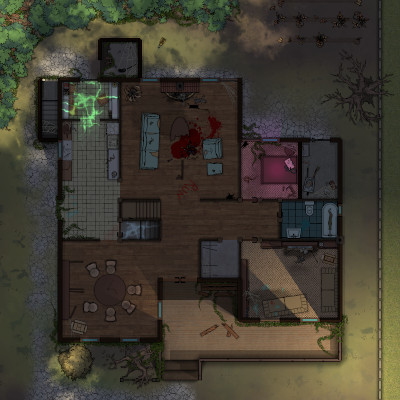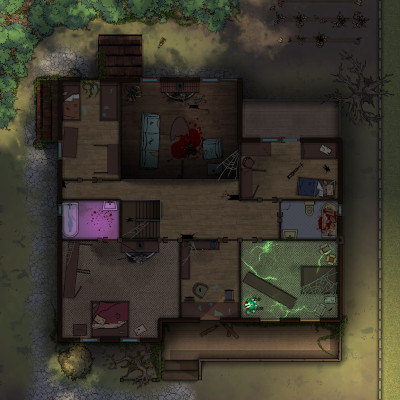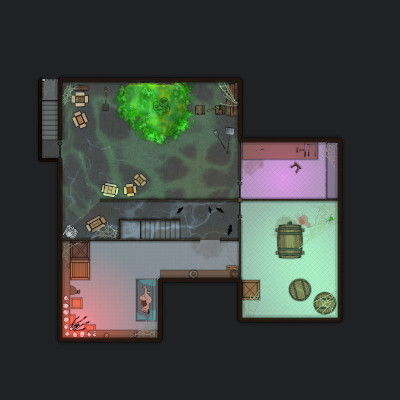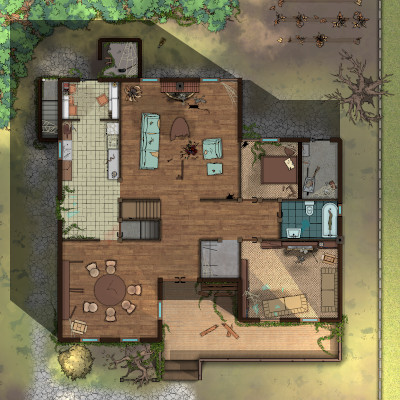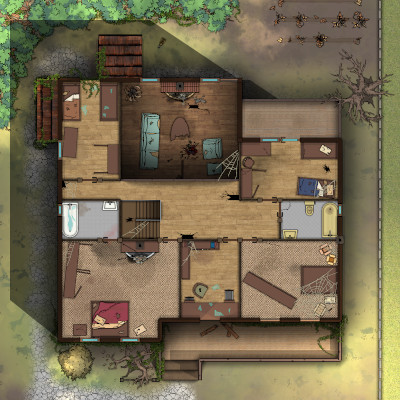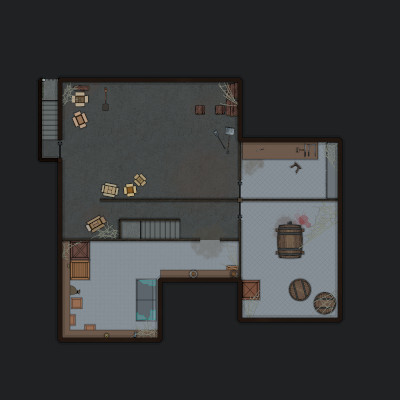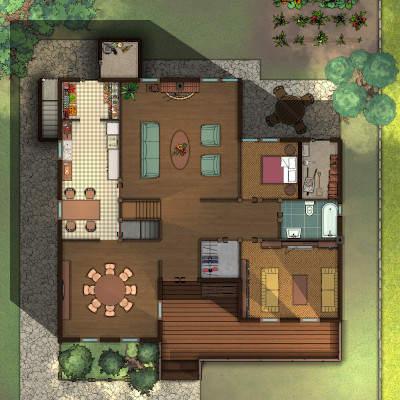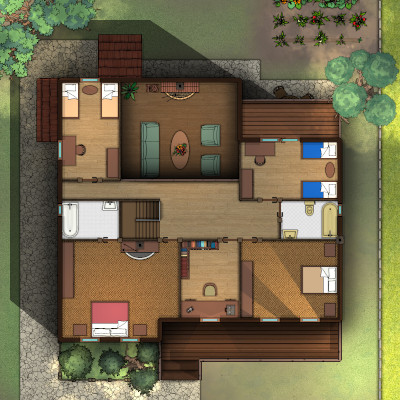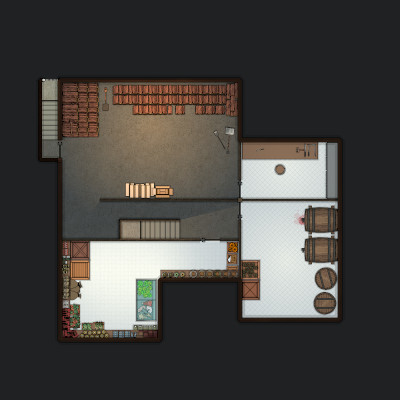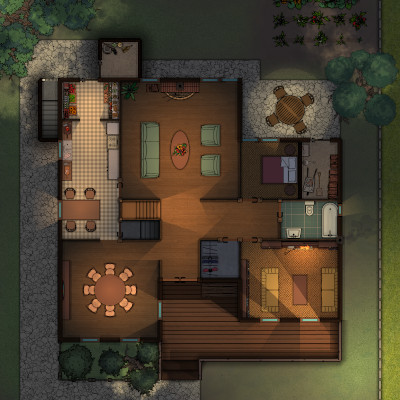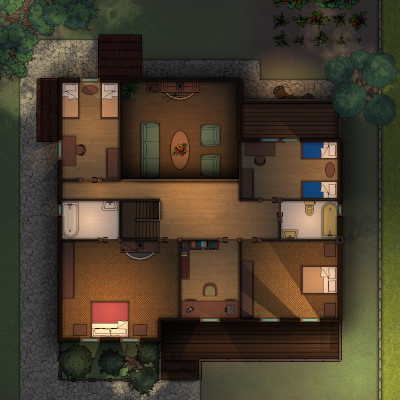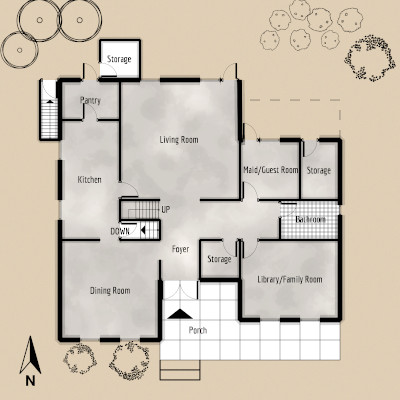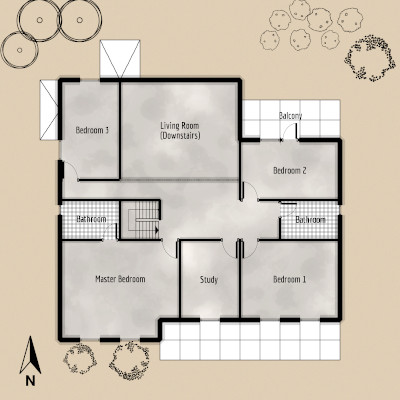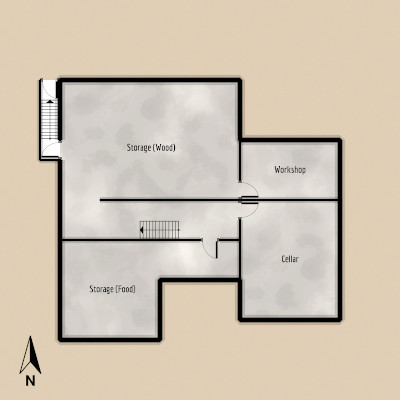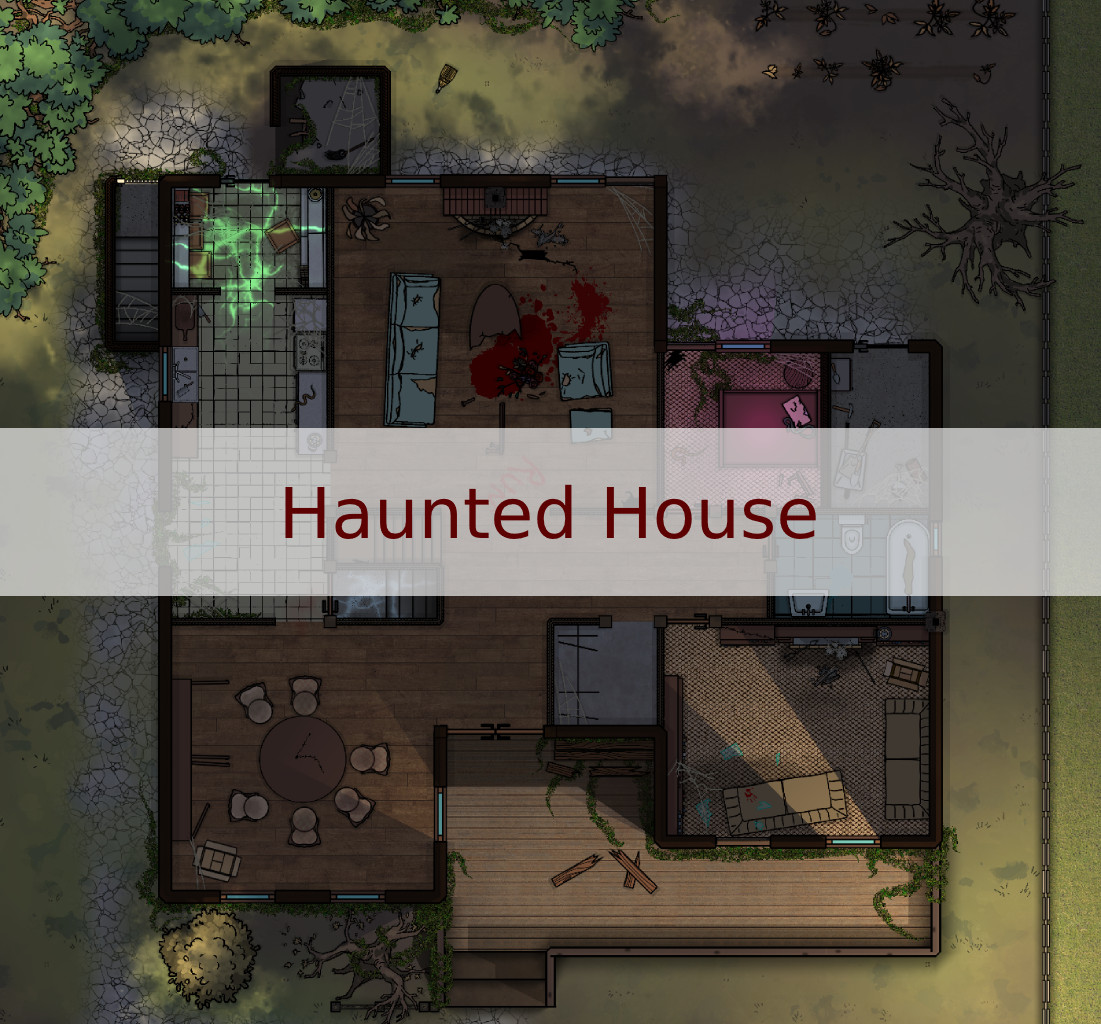Why do the walls seem to breathe at night? What causes those strange geometric patterns in the dust? How do the shadows move when no one's watching? Why do the locals avoid this place after dark? What secrets lie hidden within these walls?
Follow Cthulhu Architect on BlueSky!There had stood a great house in the centre of the gardens, where now was left only that fragment of ruin. This house had been empty for a great while; years before his—the ancient man’s—birth. It was a place shunned by the people of the village, as it had been shunned by their fathers before them. There were many things said about it, and all were of evil. No one ever went near it, either by day or night. In the village it was a synonym of all that is unholy and dreadful.
― William Hope Hodgson, The House on the Borderland
The Harwick estate had been empty for three months when Elena received the keys from the realtor. She’d bought it sight unseen---a decision that seemed foolish now as she stood before the imposing Victorian structure, its weathered shingles and broken shutters giving it the appearance of a mouth full of crooked teeth.
Inside, the house felt wrong in ways she couldn’t articulate. The rooms were too quiet, as if sound itself was being absorbed by the walls. Dust motes hung suspended in the air longer than physics should allow, and the floorboards creaked not under her feet, but several seconds after she’d passed.
On her third night, Elena woke to find her bedroom door ajar. She distinctly remembered closing it. In the hallway, family portraits lined the walls---faces of people who’d never lived there, according to the house’s history. Yet their eyes seemed to track her movement, and she could swear their expressions shifted when she wasn’t looking directly at them.
The temperature began dropping in specific rooms with no pattern she could discern. Her breath would mist suddenly while walking from the warm kitchen into the frigid parlor. The cold spots moved, migrating like living things throughout the house, always staying just ahead of her attempts to investigate.
By the end of the week, Elena understood the house’s hunger. It didn’t want her dead---it wanted her to stay. The doors that had once opened freely now resisted her attempts to leave. Windows that had been unlocked became impossible to budge. The house was slowly, methodically, making her part of its collection.
On her final morning, Elena found a new portrait hanging in the hallway. It was her own face, but painted in the same aged style as the others. In the painting, she was smiling, but her eyes held an expression of infinite sadness. She realized then that all the other faces in the portraits wore that same look---the expression of those who had tried to leave but never could.
